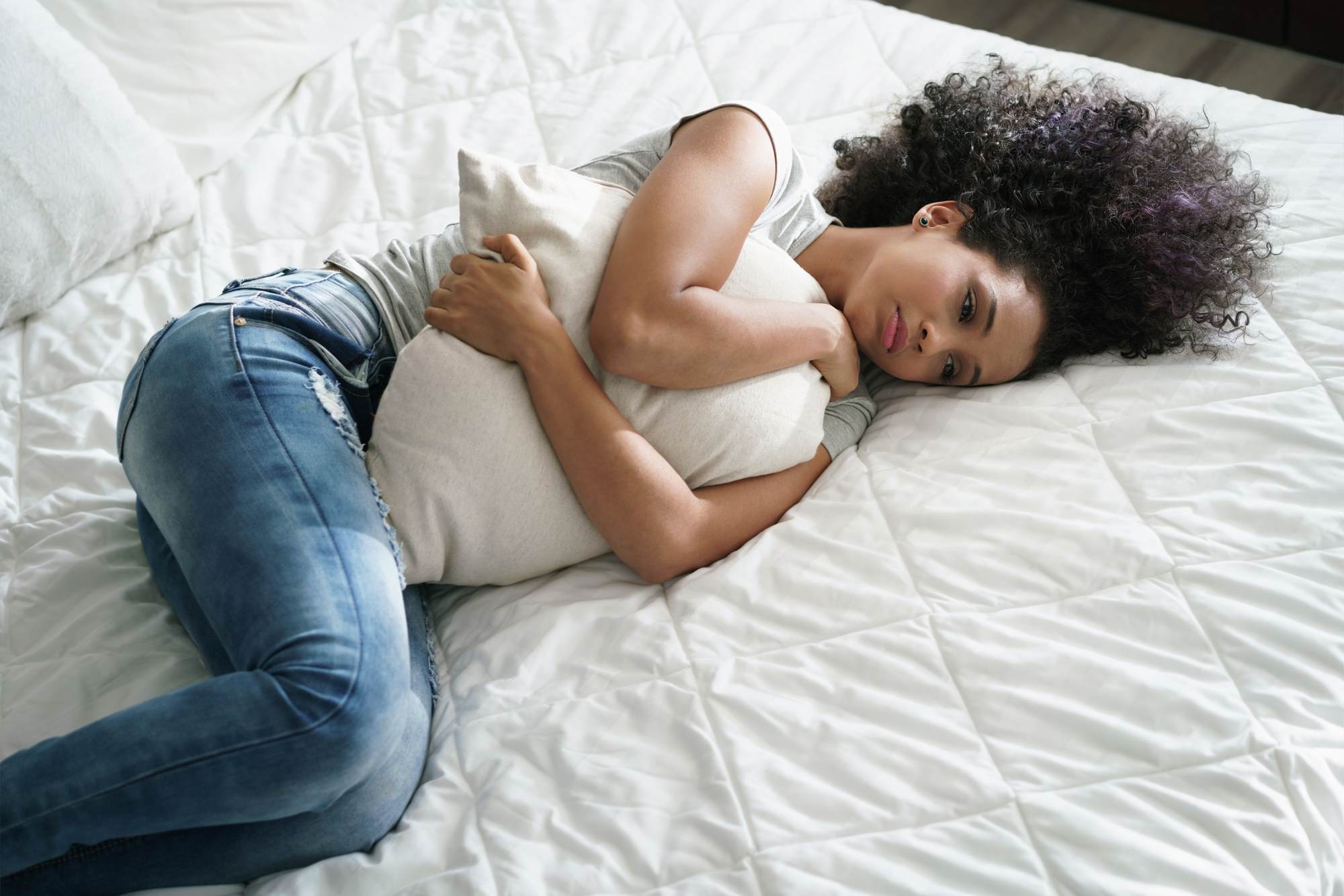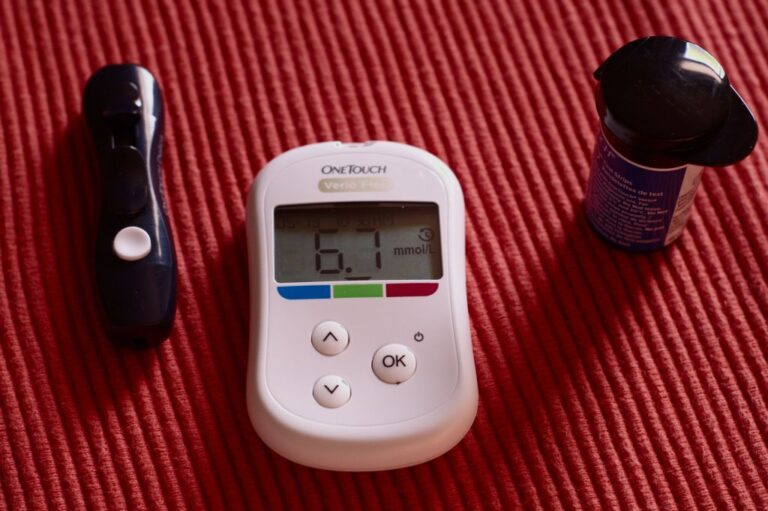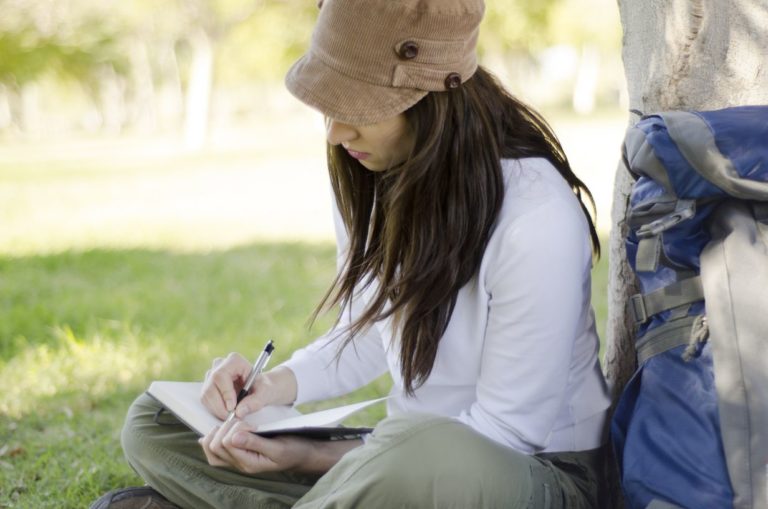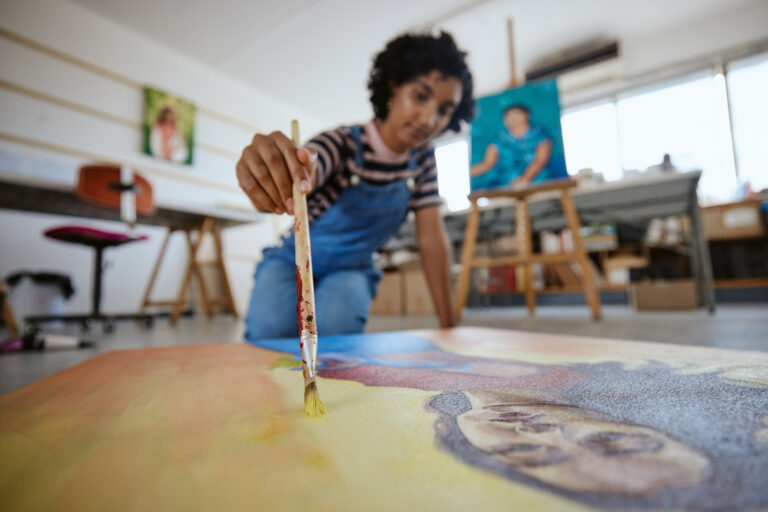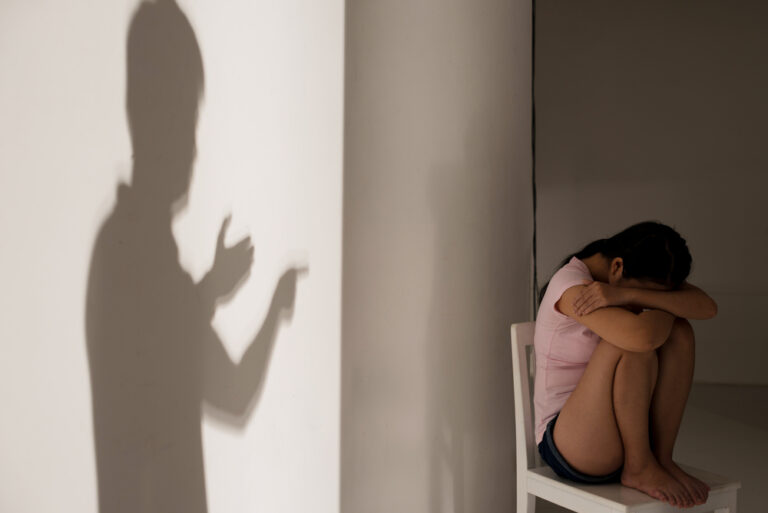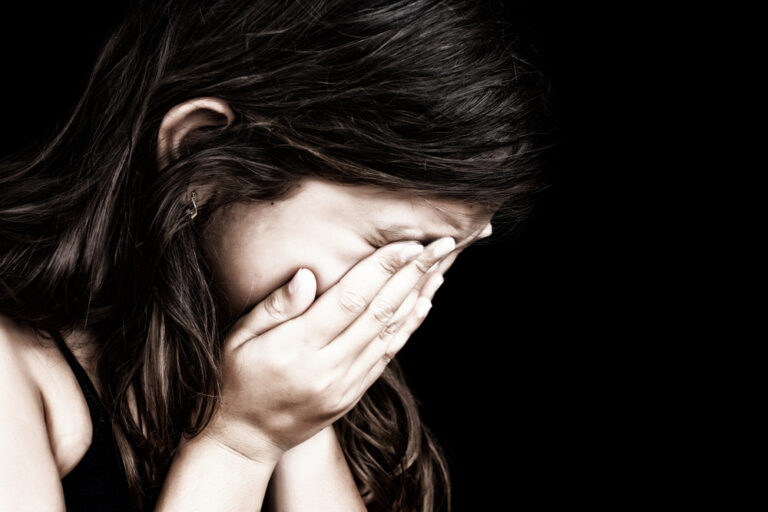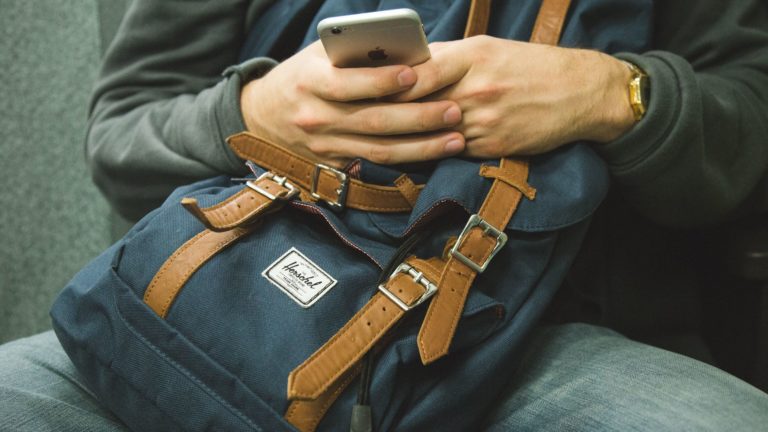HOW TO COPE WITH ANXIETY
According to the Anxiety and Depression Association(1), 31.9%, or about one in three, teens experience anxiety. Given that 49.5% of all adolescents ages 13-18 experience some form of mental illness(2), anxiety seems to be the most prevalent.
What is anxiety?
Anxiety is an uneasy feeling we have in reaction to perceived stress. Anxiety can have a variety of symptoms that include the following(3):
- Uncontrollable worry
- Physiological symptoms include shaking/trembling, muscle tension, shallow breathing, headaches, stomach aches, etc.
- Restlessness, or inability to relax
- Irritability
- Fatigue
Why are Teens so Anxious?
Teens nowadays seem to be experiencing more anxiety than ever. What is contributing to so much anxiety?
First, teens can have high expectations for themselves and may receive pressure to perform from parents and other family members. Many try balancing academic, extracurricular, family, and peer activities. The pressure comes from all directions, and some teens feel compelled to perform at the highest level in all these areas, leading to high stress and anxiety levels.
Second, teens experience extreme social pressures. They can no longer leave their social lives “at the door” when they get home. Their social lives have crept into their homes through social media, texting, and other forms of media. Teens no longer seem to have a free space to be themselves without being “on stage” for their peers.
Third, teens are more isolated and disconnected than ever, despite being constantly connected by their phones. Real connections with family, peers, and themselves seem lost to cyber relationships. Even when surrounded by friends and family, teens can feel completely alone.
These are just some reasons that lead to teen anxiety. Others can include adverse experiences, family stress, and physical illness. Covid restrictions also seem to have played a role.
How Much Anxiety is Too Much?
With all the pressures that teens face, it is no wonder that there is such a high prevalence of anxiety in that age group. Yet, some anxiety can be helpful. In fact, there is an optimal level of stress that helps us to perform our best. For example, the pressure of an upcoming math exam leads to increased study time and focus. Too much stress, though, can be detrimental. It can impact how teens function in their day-to-day activities and their relationships.
A teen who starts falling behind in school refuses to go to school, or frequently misses school, may be experiencing an unhealthy amount of stress and anxiety related to academic or social pressures. Teens may have unrealistic expectations for themselves or lack the support needed to perform at grade level.
A teen who isolates or repeatedly turns down social engagements may be experiencing an unhealthy amount of social stress and anxiety. Social pressures, including bullying, can lead to avoidance. Furthermore, many teens may not have the social skills and cognitive abilities to cope with complicated social relationships.
A teen with anxiety attacks or other physiological signs of anxiety, such as headaches and nausea, may be experiencing an unhealthy amount of stress and anxiety. Such symptoms indicate that a teen is turning their stress inward.
All of these signs indicate a need to seek professional help.
How to Cope with Anxiety
There are a number of ways to manage stress and anxiety to prevent it from causing problems functioning. Some simple measures include:
- Regular exercise, including at least 30 minutes of cardio allows the body to metabolize the stress hormones that may build up in the body and brain(4).
- Healthy diet. Research has shown a link between gut health and mental health(5).
- Journaling. Putting thoughts on paper prevents thoughts and feelings from becoming internalized, causing them to sneak out in physical health problems (6).
- Mindfulness. Being in the moment and becoming more aware of one’s senses can reduce unwanted worry. It is difficult, if not impossible, for the brain to focus on the body and thoughts simultaneously. A simple strategy is the 5-4-3-2-1. This strategy involves identifying five things you see, four things you hear, three things you feel, two things you smell, and one thing you taste(7).
- Deep breathing. Deep, diaphragmic breathing sends calming signals to the brain, which can help reduce anxiety. Deep inhales should fill the lungs and expand the diaphragm. Effective exhales are at least one count longer than the inhale and should produce an audible sigh to help release stress(8).
Finally, therapy can help. Cognitive Behavioral Therapy (CBT) is an effective form of therapy that serves to help people manage their thoughts(9). This is based on the belief that our thoughts impact our feelings and behavior. Therefore, if we can change our thoughts, we can improve how we feel, and we will behave in healthier ways.
Conclusion
Many teens are experiencing stress and anxiety that may impact how well they function. If you or a teen you know is experiencing anxiety, please seek help. You will learn new skills to help you cope with your symptoms and help you develop healthier ways to think and live.
Author
Angelica Soto, PsyD, Clinical Director, Plan-It Life, Inc.
Sources
(1)Anxiety and Depression Association (2021). Facts and Statistics. https://adaa.org/understanding-anxiety/facts-statistics
(2)Merikangas KR, He JP, Burstein M, Swanson SA, Avenevoli S, Cui L, Benjet C, Georgiades K, Swendsen J. Lifetime prevalence of mental disorders in U.S. adolescents: results from the National Comorbidity Survey Replication–Adolescent Supplement (NCS-A). J Am Acad Child Adolesc Psychiatry. 2010 Oct;49(10):980-9. PMID: 20855043
(3)American Psychiatric Association. (2013). Diagnostic and statistical manual of mental disorders (5th ed.). Washington, DC: Author.
(4)Ratey, J. J. (2019). Can exercise help treat anxiety? Harvard Health Publishing. https://www.health.harvard.edu
(5)Clay, R. A. (2017). The link between food and mental health. Monitor on Psychology, 9. https://www.apa.org/monitor
(6)Drevitch, G. ed. (2020). Reduce Stress and Anxiety Levels with Journaling. Psychology Today. https://www.psychologytoday.com.
(7)Corliss, J. (2014). Mindfulness meditation may ease anxiety, mental stress. Harvard Health Publishing. https://www.health.harvard.edu
(8)Seppala, E., Bradley, C., Goldstein, M. R. (2020). Why Breathing Is So Effective at Reducing Stress. Harvard Business Review. https://hbr.org
(9)Schrader, J. (2019). 3 Steps to Treat Your Anxiety Using CBT. Psychology Today. https://www.psychologytoday.com

